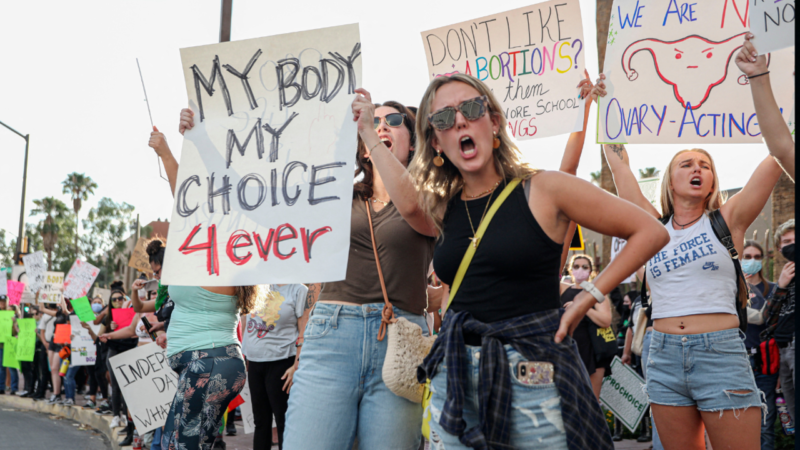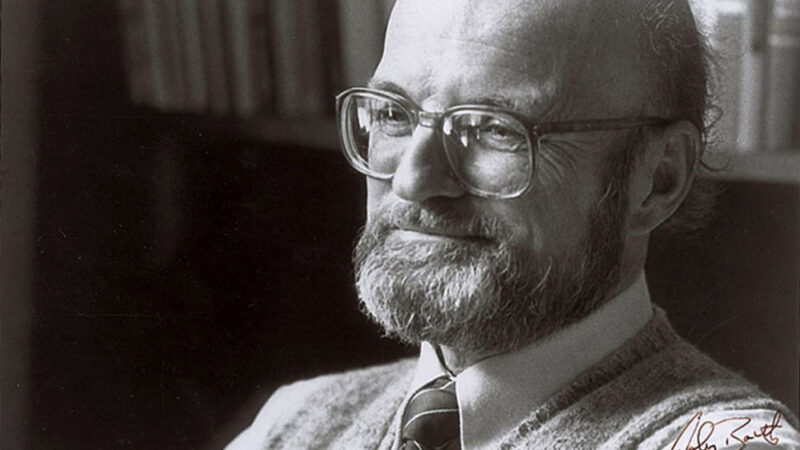US stocks experience their worst first-half decline in over 50 years

US stocks have had their worst first half of a year since 1970 due to worries about how measures to curb inflation will affect economic development.
Over the past six months, the benchmark S&P 500 index decreased by 20.6 per cent, and other important US indices also experienced big declines.
Significant losses in stocks have also occurred in the UK, continental Europe, and Asia.
It takes place as central banks throughout the world struggle to contain rising living costs as the cost of essentials like food and petrol rises.
As interest rates continue to climb, some experts predict that the US, which has the largest economy in the world, may enter a recession as soon as this year.
The chief economist at Hang Seng Bank China predicted that the stock market would respond unfavourably if the US Federal Reserve kept raising interest rates.
The Dow Jones Industrial Average, another significant US market indicator, experienced a decline of more than 15% in the first half of this year, the most since 1962.
The technology-focused Nasdaq Composite suffered a loss of about 30% at the same time, which was the greatest percentage decline in the first half of the year.
Outside of the US, significant stock market indices have also declined this year.
The Stoxx 600 index in Europe has collapsed by about 17%, the MSCI index of Asia-Pacific markets has fallen by more than 18%, and the UK’s FTSE 250 has fallen by more than 20%.
The leaders of the US Federal Reserve, European Central Bank, and Bank of England declared during a conference in Portugal that immediate action was needed to stop price increases from spiralling out of control.
They did issue a warning, though, that attempts to contain an inflation shock brought on by the pandemic and the war in Ukraine might seriously harm global economic growth.
The Fed increased interest rates last month, marking the largest increase in that time period, as it intensified its campaign to contain rising consumer costs.
In addition, the Bank of England raised its benchmark interest rate from 1% to 1.25 %, the highest level in 13 years.






